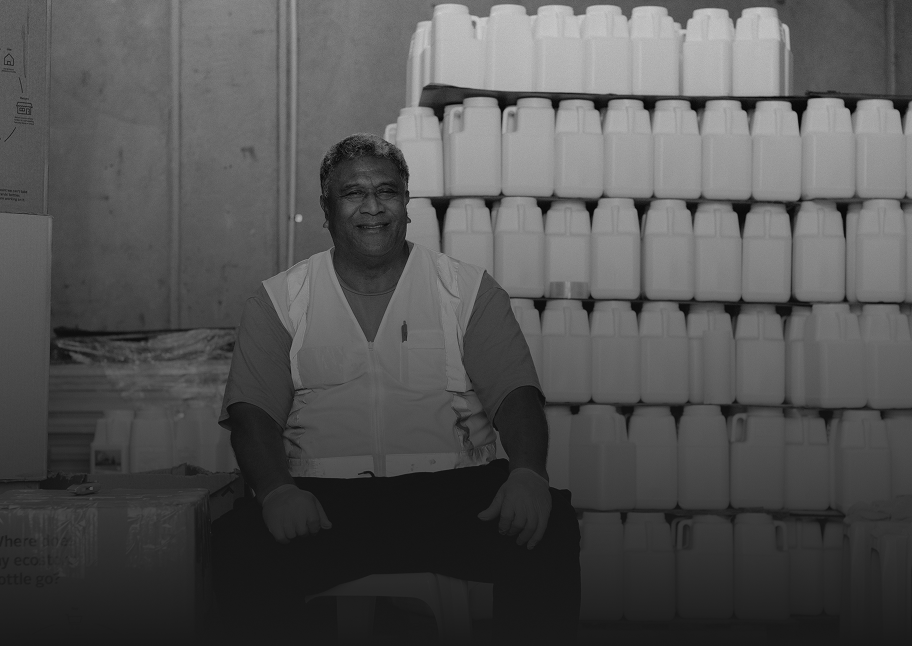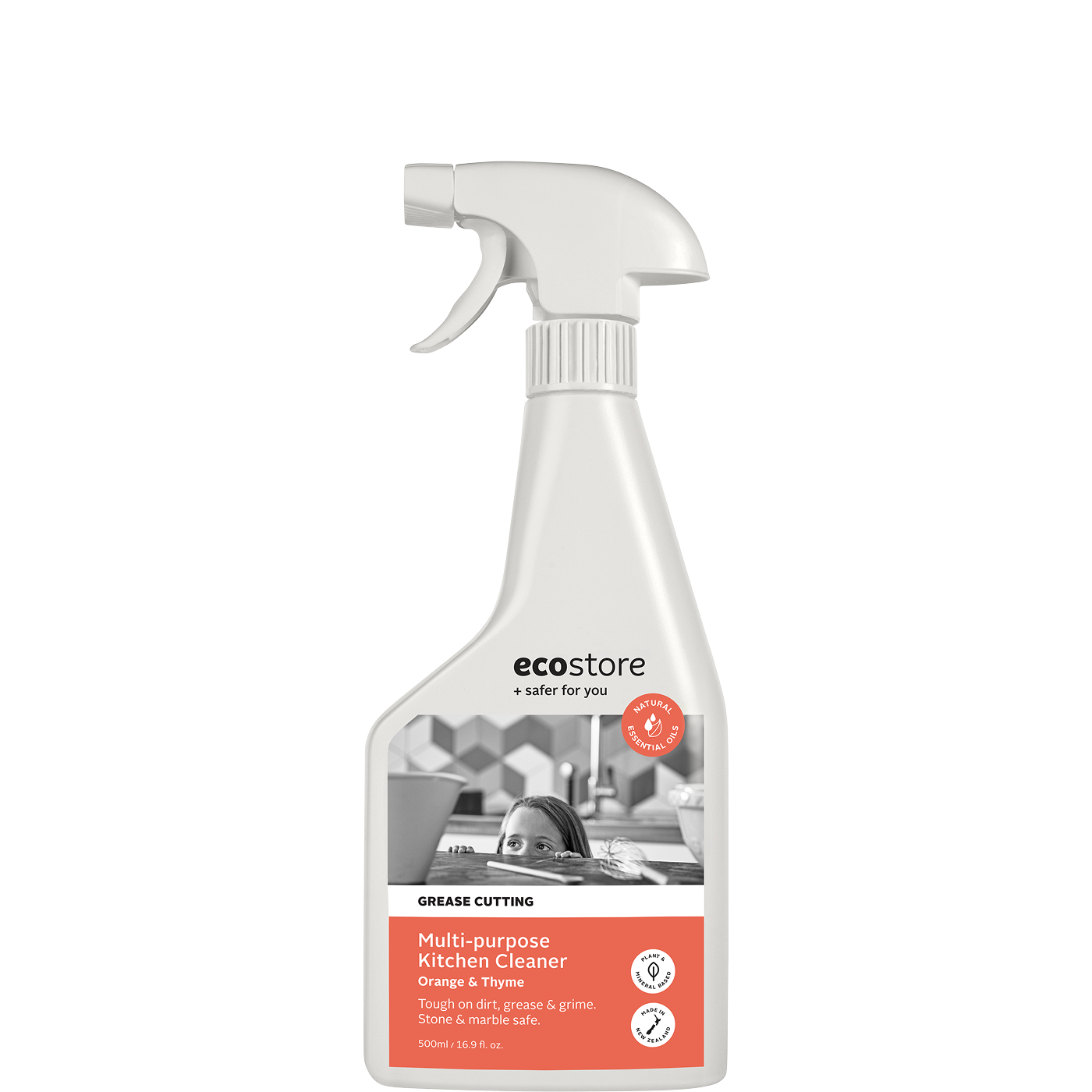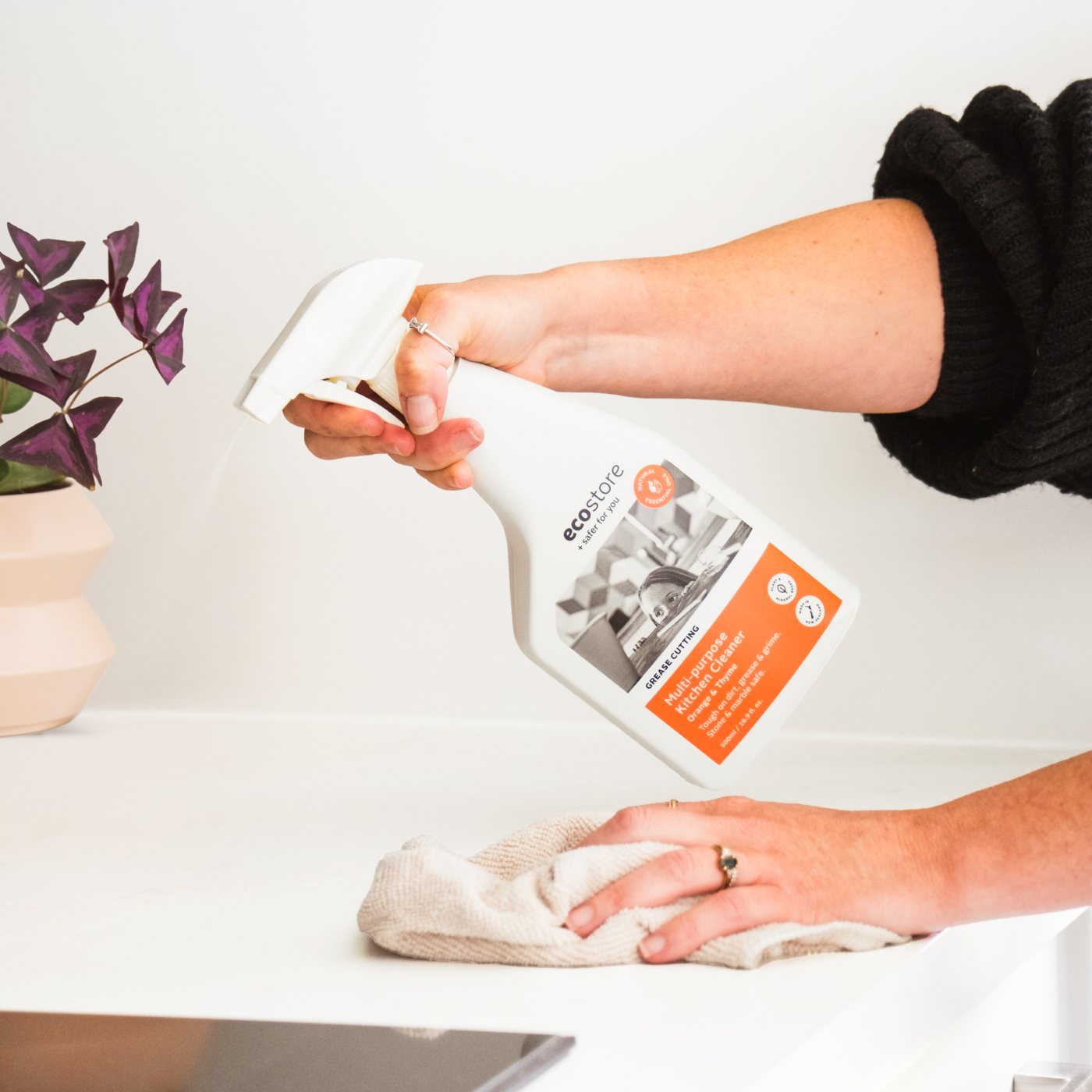If you, a family member or friend is looking for an alternative to dairy - either because of intolerance, a vegan/vegetarian diet, or just want to try new food or drink options - you may find yourself turning to nut milks and butters.
Nut milks are made by soaking nuts in filtered water, blending them with water, then straining them to separate the pulp. The liquid that's left is the milk. For nut butters it's a matter of soaking and dehydrating the nuts, using them raw or roasted, then grinding them until the powder turns smooth and creamy. Seasonings or flavourings can added to each, such as vanilla, honey and sea salt.
So what are the potential benefits of these non-dairy alternatives?
Nuts are rich in nutrients, offering a source of vegetable protein, fibre and essential fats. According to a US National Institutes of Health article, eating nuts is associated with lower levels of heart disease and gallstones, and can lower cholesterol levels.
There are a variety of nuts and seeds that can be used in milks and butters, including almond, hazelnut, cashew and pistachio. Other alternatives are pumpkin seeds, sunflower seeds, rice, coconut and soy.
Each has differing health properties, but it's important to know that there won't be as much nutritional benefit from a nut milk or butter as there might be from eating the raw nut, because of the addition of water and other ingredients - and because of how much is lost in the pulp that's strained off from the milk. It's also harder to gain as much protein from nut milks as from dairy-based milks.
But there are particular benefits that might be gained from particular nut milks and butters when used as a dairy alternative.
Almond butter, for example, is a good source of protein, fibre and healthy fats, according to the nutritionists and researchers surveyed in a recent Time article.
And according to this 2015 article, homemade cashew milk has 15% of our daily vitamin K needs, along with a portion of our daily iron and magnesium needs.
Also, medical writer Madeline Vann writes that walnuts are perhaps the best vegetarian source of omega 3 fatty acids.
Some nutritionists recommend making nut milks and butters at home, as some store bought products may be high in added sugar or preservatives.
And soaking nuts before using them in a milk is also a common recommendation. That's to help neutralise enzyme inhibitors like phytic acid (which occurs naturally in a nut to prevent it sprouting) to make the nut's nutrients more available when consumed.
Another question when making nut milks is what to do with the pulp once it's separated from the liquid. With a quick search you'll find lots of recipes online, for everything from crackers and bread to a smoothie ingredient, mousse, slices, macaroons and hummus.
If you do decide to try making your own nut milks or butters, here are a few you might like to try:
Vanilla almond milk recipe by The Minimalist Baker:
http://minimalistbaker.com/how-to-make-almond-milk/
Macadamia nut milk recipe by The Healthy Chef:
https://www.thehealthychef.com/2013/04/macadamia-nut-milk/
Walnut butter recipe by One Green Planet:
http://www.onegreenplanet.org/vegan-food/learn-how-to-make-a-simple-walnut-butter-at-home/
Coconut cashew butter recipe by Bakerita:
http://www.bakerita.com/coconut-cashew-butter/
This article is not intended to substitute for medical advice. For dietary or nutritional health matters, consult your health professional.
Read more

Welcome to the latest instalment of Wellness Warriors, where we hear from some of New Zealand's most influential wellness personalities. We were lucky enough to interview nutritionist Danijela Unko...

Welcome to the latest instalment of meeting the team at ecostore. This week we caught up with our research and development manager, Huia, to talk about how catching and growing his own food has hel...






